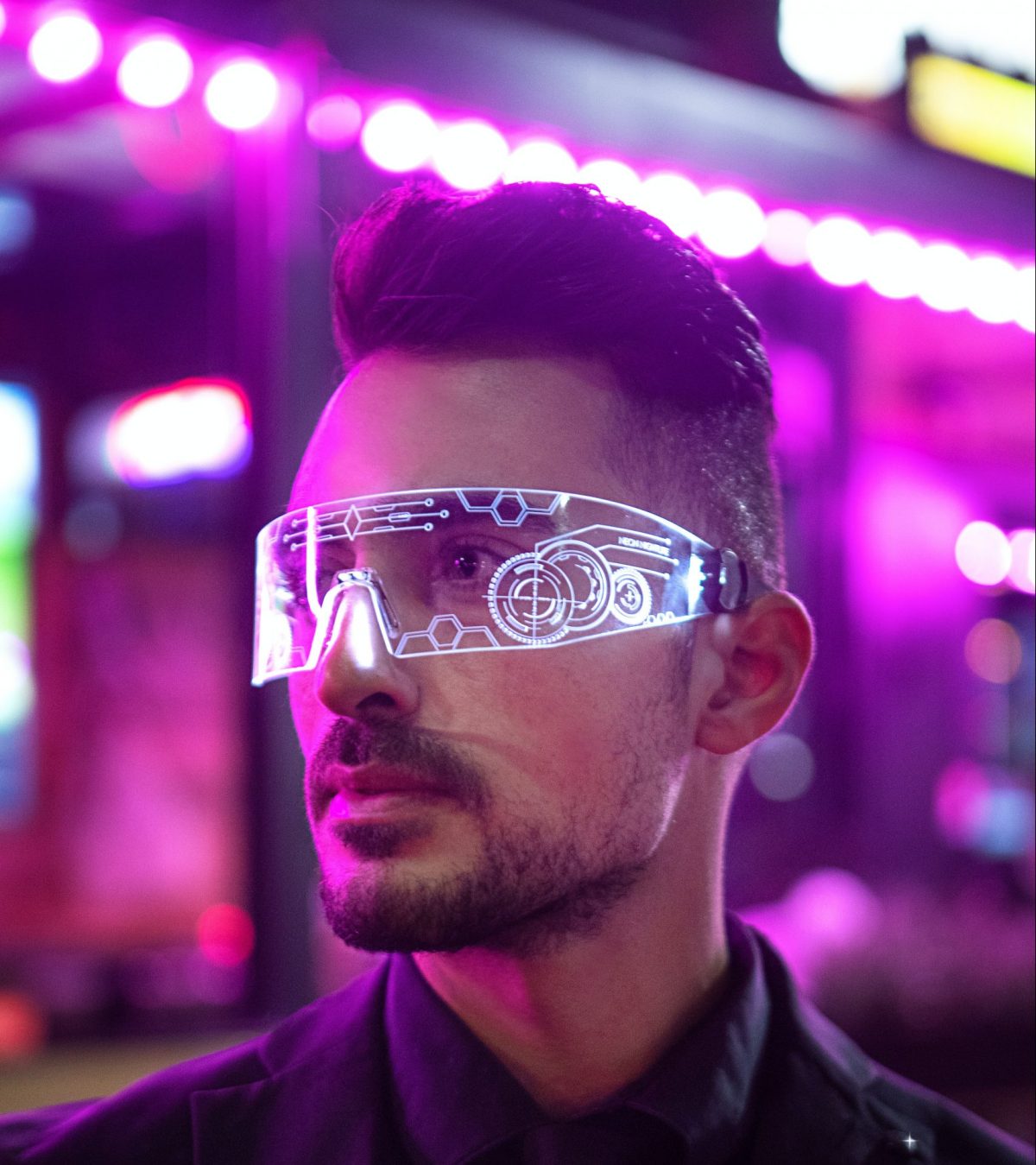When the Future Tech of Sci-fi Becomes Everyday Reality
March 8, 2022

Sci-Fi films have shown us futuristic technology over the years, but how many of these predictions have come true or are close to becoming a reality?
If we take a closer look, you may be amazed?
The Fifth Element and Flying Taxis
Release date: 6 June 1997 (United Kingdom)
In the 5th element, Korban Dallas, played by Bruce Willis, is a reluctant hero who assists Leeloo in protecting the Earth. Korban is a yellow cab driver of the future, whose flying cab makes an appearance helping Leeloo escape from the police and features scenes of him flying dangerously through airborne traffic.
While this will have used a lot of special effects, fast forward to 2021, and we have the news headline “You may be able to book a flying taxi within three years”.
The likes of Uber and Boeing are already well into the process of developing eVTOL (electric vertical take-off and landing) flying taxis. Joby Aviation, a California-based firm, is at the forefront of developing flying taxis, carrying out more than 1,000 test flights of its eVTOL craft. There is still quite a way to go as cities will need to build mini sky ports where people would want to go. The push for flying taxis comes as governments across the globe seek to slash carbon emissions to fight climate change.
Total Recall and Johnny the Driverless Car
Release date: 27 July 1990 (United Kingdom)
The use of self-driving cars as a technology prediction in Total Recall has now become a reality. Throughout the film, they use self-driving technology in taxi cabs known as Johnny Cabs, controlled by voice recognition. The taxis are all similar in look, feel, and user interface.
As an example, AutoX recently launched a Robo Taxi service in Shanghai, China. Anyone who attends the 2022 Asian Games will be escorted around in autonomous taxis powered by the latest cloud technology and HD mapping.
In 2009, Google started the self-driving car project with the goal of driving autonomously over ten uninterrupted 100-mile routes. Yet in 2016, Autonomous-driving firm Waymo (a subsidiary of Google’s company Alphabet) began testing its self-driving taxi service – with specialists at the wheel who can take over if required.
However, Self-Driving cars are still a relatively new technology, and as a result, there have been numerous reports of mishaps and errors around the world.
HAL and Alexa Help the Humans
Release date: 10 May 1968 (London)
In Arthur C. Clarke’s amazing Space Odyssey series, we met a fictional artificial intelligence character named HAL 9000. (Heuristically programmed Algorithmic computer)
Hal was capable of many different functions such as speech recognition, speech, facial recognition and human personality.
This is now a much-used reality in the modern world with the likes of Alexa, Google Nest, Siri, to name a few.
Nowadays, a staggering 50% of searches are performed by voice search where people shop, ask questions and play music. This is predicted to grow, and the technology is also being deployed to help combat loneliness with older generations.
Try asking Alexa to “Open the pod bay doors.”
Fly Like a Bird or Iron Man
Release date: 2 May 2008 (United Kingdom)
Made in 2008 and based on the Marvel Comics, Iron Man introduced us to Tony Stark, who redirects his technical knowledge and know-how to create mechanised suits of armour which he uses to defend us from villains threatening peace around the world, becoming his alias ‘Iron man.’
For everyone who thought Tony Stark’s Iron Man suit was too high-tech for reality”¦ You may need to check this out.
Richard Browning began experimenting in 2016 with the concept “using the human mind to balance and control the body in flight structure”, adding power in the form of jet engines. His first flight took place in November 2016. Guinness World Record recognised his company Gravity Industries for the fastest flight in a body-controlled jet suit in November 2019 at 85mph (135kmph).
2021 saw gravity industries develop the jetpacks for the Royal Marines to incorporate into their boarding ops training exercises. They can stay in the air for around eight minutes, currently travelling up to 55 mph.
Check out the footage from Gravity Industries YouTube channel.
Whilst we are not all living on the moon, the world envisioned by the world of Science Fiction has delivered much of what has been predicted.
We can only hope that they don’t call Skynet when self-aware computing develops (It’s on its way).
The transformation of technology over time is staggering and scary, and what do you predict will be fictional to reality technology in 20 years?